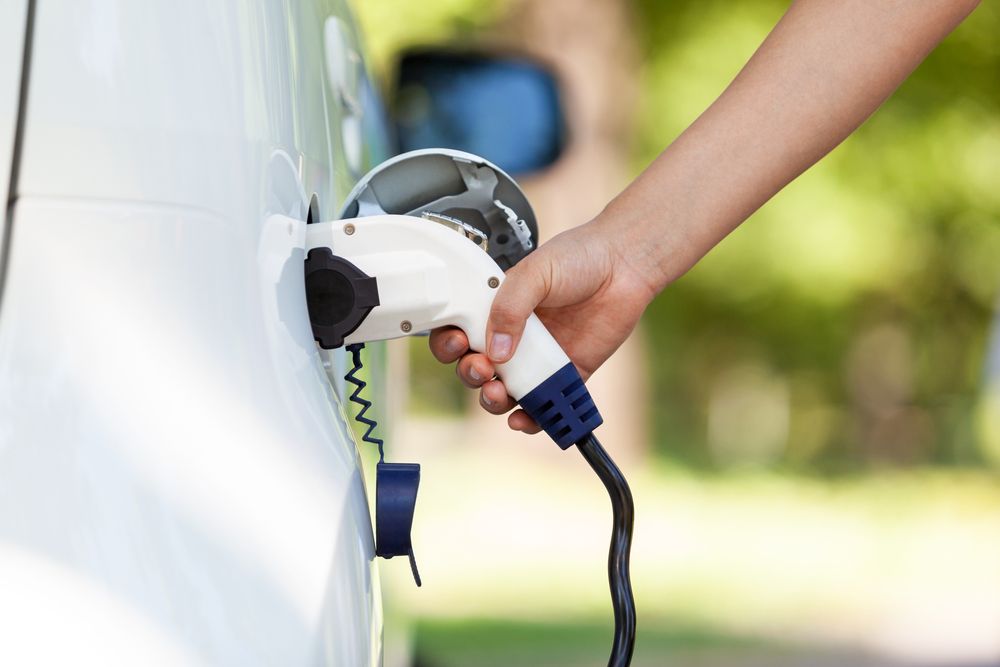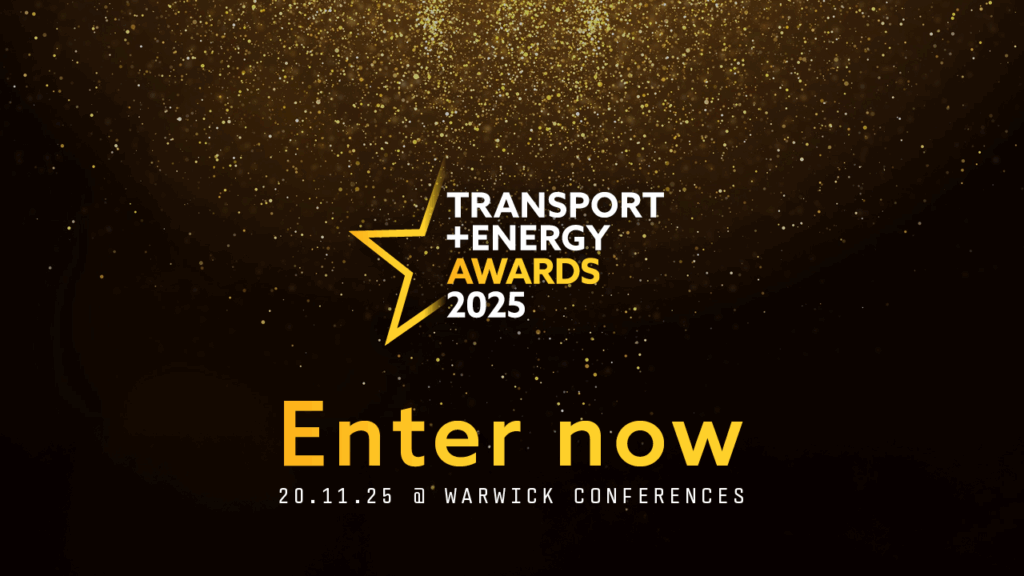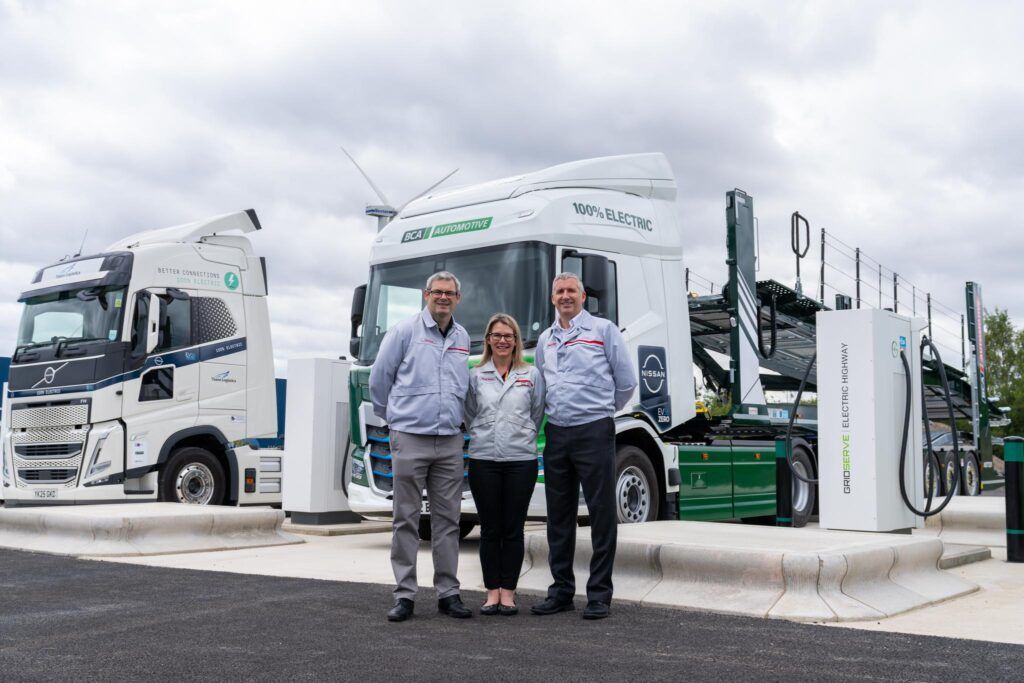National Grid has joined EV100 – a global initiative launched by the Climate Group that brings together companies committed to the transition to electric vehicles.
In an effort to advance their activity to achieve a cleaner, healthier future, National Grid has committed to electrify their vehicle fleet and install charging stations across different locations.
For their fleet, National Grid is electrifying 2,879 vehicles in the UK and 2,905 vehicles in the US. They are also installing charging sites in the UK and continue adding 2,900 owned-chargers for internal fleets to the 1,400 points already deployed in their US territories.
“In doing our part to reduce GHG emissions in the areas we serve, transportation is a sector National Grid cannot ignore,” said Badar Khan, US President of National Grid. “It is the fastest-growing contributor to climate change globally. By joining EV100, we are committing to fast track transportation electrification and make a significant contribution by 2030. Over the next decade, we will work with other utilities, charging stations providers, automakers, policymakers, regulators, and our customers to put more EVs and charging stations on our streets.”
Amy Davidsen, Executive Director of North America at the Climate Group, added: “As the first leading utility in the US to make an EV100 commitment to electrify its fleet, National Grid is pushing the bar for other utilities. They’re showing that the utility sector can play a significant role in speeding the transition to electric vehicles as well as the transition to a clean grid – both critical actions needed to fight climate change. Through a collaborative approach to electrify their 5,784 vehicle fleet and provide charging stations by 2030, National Grid is sending a strong signal that electric transport will be the new normal by the end of the decade.”
As the fastest-growing contributor to climate change, the transport sector accounts for a quarter (23%) of global emissions and is the largest source of emissions in the US and UK. Business leadership on transport electrification is critical as the majority of vehicles on the road are part of company fleets. As the first major US utility to make a fleet commitment, National Grid’s path to electrify their 5,784 vehicle fleet will drive momentum towards an electric transport future across the sector.
Lorna McAtear, UK Fleet Manager at National Grid, said: “There’s huge potential to drive net zero ambitions by transforming the fleet industry to electric vehicles. Viable electric cars and vans weren’t around five years ago and it’s exciting to see the progress that’s being made to find feasible solutions in the market. It’s critical we keep leading the way through the transformation of our own fleet, helping to influence the transport and energy sectors alongside government with the changes needed.”
Duncan Burt, COP26 Director at National Grid, said: “At National Grid, we’re committed to being a responsible business in everything we do, enabling a fair and affordable transition to a clean energy future, and reducing our own emissions.
“Our aim is to ultimately transition our fleet to 100% net zero by 2030 and help accelerate the wider decarbonization of transport in the UK. We’re proud to join EV100, working with global businesses leaders to influence policy and support the mass roll-out of EVs – this will be critical to cutting carbon emissions and reaching the government’s ambitious climate goals.”
In the US, National Grid operate 50 medium and heavy-duty electrified vehicles. The company is replacing its passenger cars with EVs and has started trials of some electric construction equipment and electrified aerial bucket trucks.
“Climate change is the defining challenge of this generation. Only by working together with other like-minded companies can we make significant changes to curb emissions,” commented Kerry Martin, National Grid’s US Corporate Fleet Sustainability Specialist.
“In the US, we’ve committed to move to a 100% electric fleet by 2030 for our light-duty vehicles and pursue the replacement of our medium and heavy duty vehicles with zero carbon alternatives. This is an important component of taking responsibility for the future of energy for our loved ones, colleagues and generations to come.”
Image: Shutterstock.















